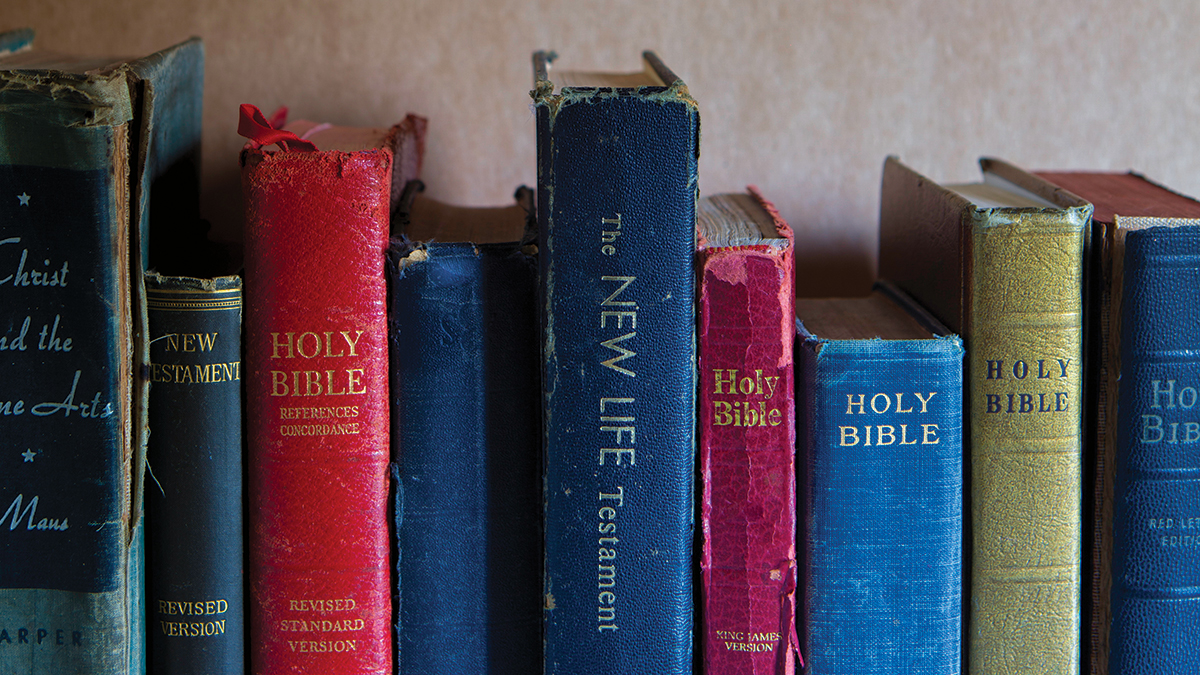We know where we are headed! With Scripture as our guide, the prophecies of Revelation as our insight and The Great Controversy by Ellen White at our back, we know what lies ahead.
I hope we haven’t forgotten that October 31 is the 500th anniversary of the Protestant Reformation. The protest of Christians against the corruption and false doctrines of the established church changed European culture forever, establishing the section of Christianity classified as Protestants. Many sub-branches of this movement grew up around various biblical truths as they were re-discovered: justification by faith, baptism by immersion, church governance, seventh-day Sabbath, second coming of Jesus, etc.
The foundation of the Protestant Reformation was “the Bible and the Bible only” as the rule of faith and practice as opposed to the worthless, superstitious rites and the vagaries of human traditions. Historians estimate that between 50 and 150 million people had their faith sealed with their own blood as the established church sought to re-establish its authority.
The ensuing persecutions caused many Christians to flee to the “New World” where a Protestant nation was established with two major tenets—a church without a pope and a country without a king—Protestantism and democracy.
Millions of believers lost their lives for believing in things that we now just accept as part of our faith. Would you lay down your life for baptism by immersion or for celebrating the communion as we do? Would you give up your life for owning a copy of the Scriptures? Do we still believe in “the Bible and the Bible only” as the rule of faith?
As a legacy of those who went before us we must never forget that true Christianity receives the Word of God as the great treasure house of inspired truth and the test of all inspiration. As Adventists, we must never forget our Protestant legacy and the inspired counsel—that, despite appearances, nothing has changed or will change in the future!
If the doctrine of justification by faith is “the three angels’ message in verity”, (Review and Herald, April 1, 1890) then it seems that this doctrine should be our preoccupation. This message of the gospel is the spearhead of the three angels’ messages and everything else comes in its wake. It is the gospel that goes to every nation, kindred, tongue and people in Revelation 14:6, 7. The message to fear God and give Him glory, the message about the judgement and worship must be preached in this context. [pullquote]
Even our beloved Sabbath carries the justification by faith message. God pronounced His work of creation finished and He “rested”, memorialising the Sabbath as sacred. Jesus finished His work of re-creation and, from the cross, pronounced it as a finished work. Then He memorialised His work by resting in the tomb over the Sabbath. The Sabbath therefore, to a New Testament Christian, symbolises the rest that we have in a finished work. Just like Adam, we begin with rest.
Today, the Sabbath has a two-fold view. It looks back to creation but it also looks back to our re-creation in Christ. If we are merely keeping the Sabbath as a 24-hour period of shut down and go to church for two hours, but we are not seeing it as a memorial of the finished work that we have in Christ, then we have not entered the rest that Paul talks about in Hebrews 4, when he spiritualised the Sabbath.
The messages that will divide the world in the end are the same messages that divided the world in the Reformation:
1) Justification by faith alone as opposed to salvation by works. The three Sabbaths (Friday and Sunday) symbolise these two truths. The false Sabbaths—man-made ones—symbolise a man-made, disobedient form of worship. The true Sabbath becomes the outward sign of those who are truly resting in Christ as the only means of their salvation.
2) The Bible and the Bible only as the rule of faith and practice.
Ross Chadwick teaches at Charlton Christian College, NSW.






